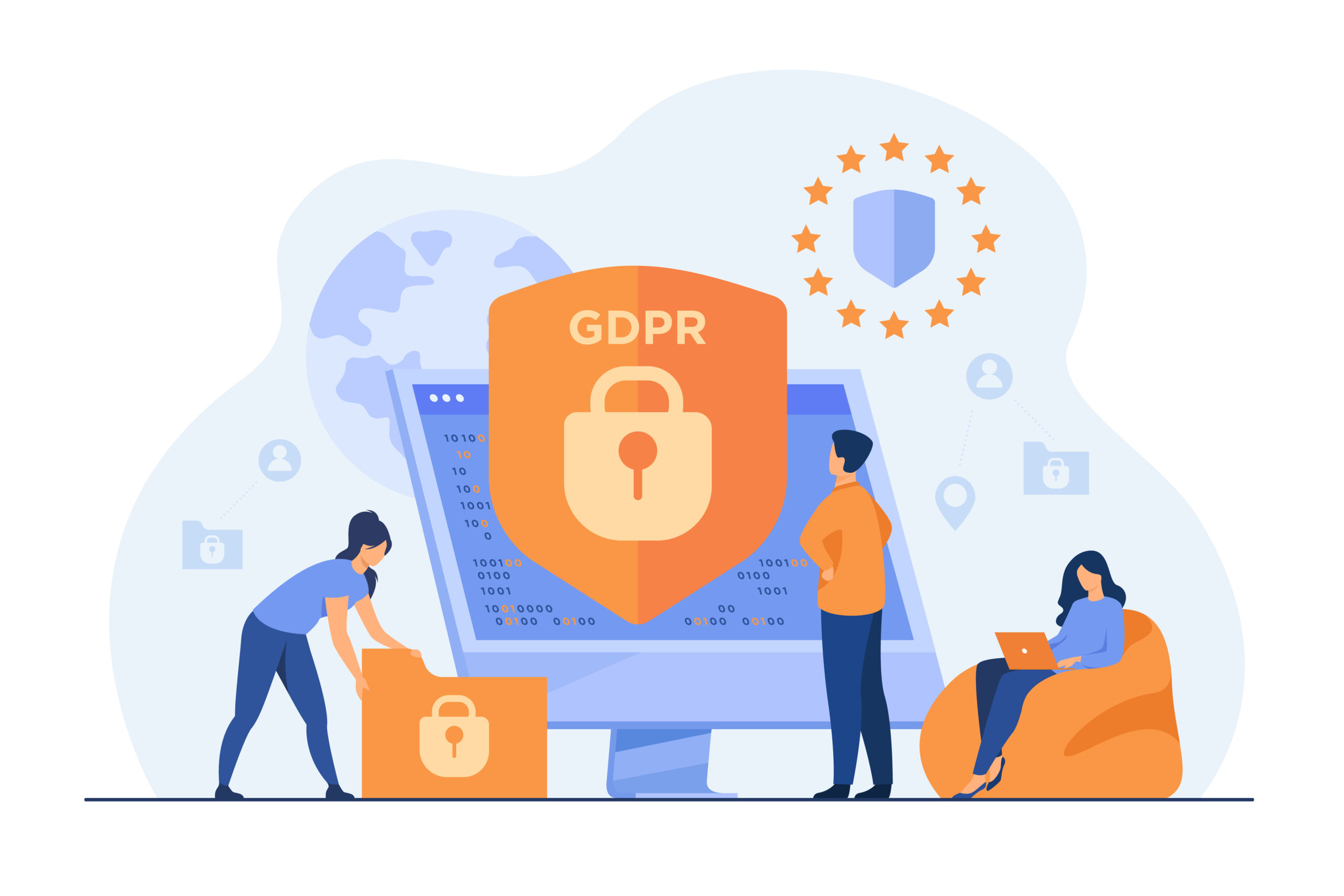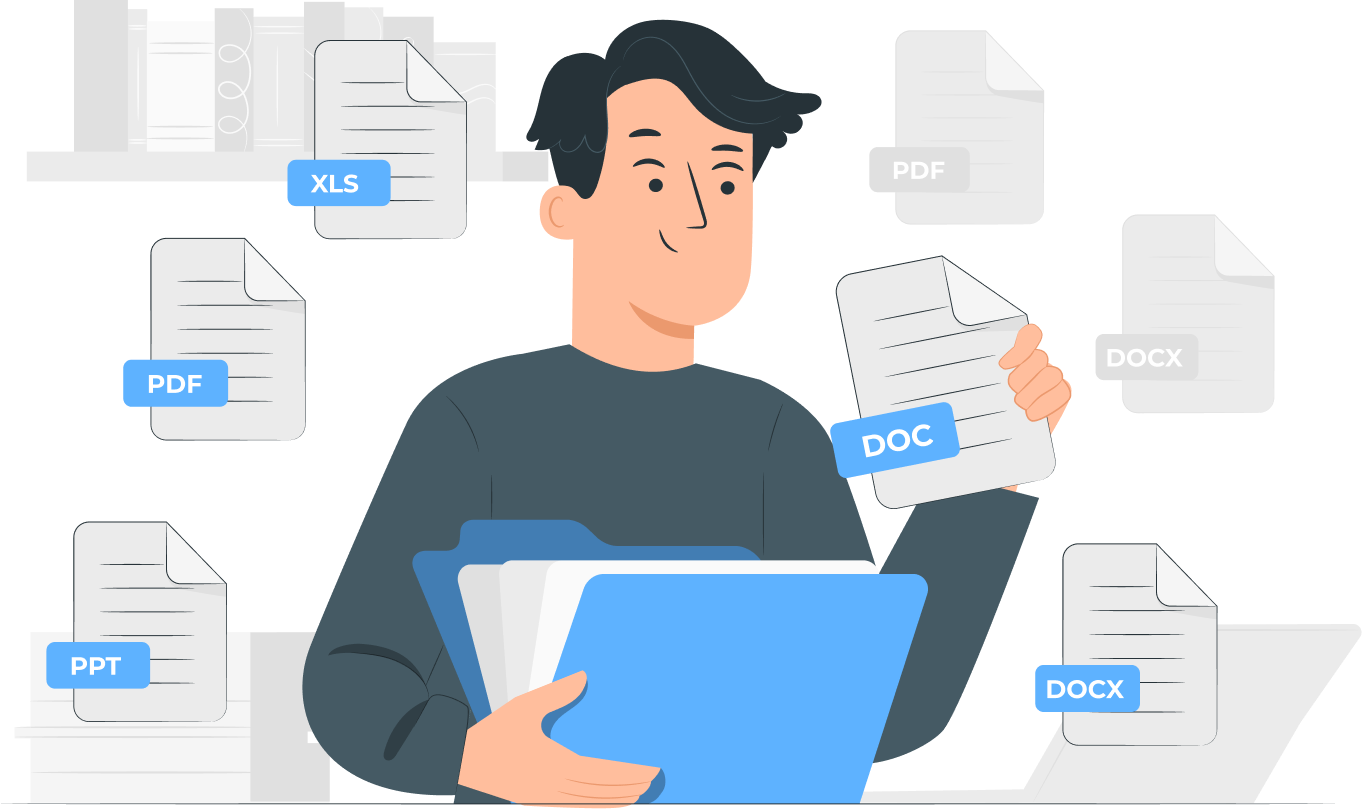In today’s rapidly evolving digital landscape, where concerns about data privacy and protection are at an all-time high, having a well-crafted and comprehensive website privacy policy is crucial for any online business or organization. A website privacy policy serves as a legal document that outlines how personal information is collected, stored, used, and shared by the website owner or operator. For legal professionals, understanding the intricacies of drafting an effective privacy policy is essential to ensure compliance with data privacy regulations and protect their client’s interests.
Key Elements of a Website Privacy Policy

- Introduction and Overview: Begin your privacy policy with a clear and concise statement that informs users about the purpose and scope of the policy. Provide an overview of the types of information collected and the methods used to collect them.
- Data Collection: Explain in detail the various types of data collected from users, such as names, email addresses, contact information, and browsing habits. Specify if any information is automatically collected through cookies or similar technologies, and how users can manage their preferences.
- Use of Collected Data: Clearly state how the collected data will be utilized, whether for improving website functionality, personalizing user experiences, providing customer support, or sending promotional materials. Be transparent about any third-party involvement in data processing and provide the necessary information on data transfers.
- Data Storage and Security: Outline the measures taken to safeguard user data, including encryption protocols, firewalls, secure servers, and regular security audits. Highlight compliance with industry standards and data protection regulations to instill trust and confidence in users.
- User Rights and Choices: Inform users about their rights regarding their personal data, such as the right to access, correct, or delete their information. Provide instructions for opting out of data collection or unsubscribing from newsletters, and explain how users can exercise their rights.
- Cookies and Tracking Technologies: Explain in simple terms the use of cookies, web beacons, and other tracking technologies, and their implications for user privacy. Inform users about their ability to manage cookie preferences and provide guidance on how to do so.
Related Article: NDAs (Non-Disclosure Agreements): A Guide To Secrecy
Privacy Policy and GDPR Compliance

The General Data Protection Regulation (GDPR), implemented by the European Union (EU), has become a benchmark for data protection worldwide. If your website collects data from EU residents, regardless of your physical location, it is essential to ensure compliance with the GDPR. Here are some key considerations:
- Lawful Basis for Data Processing: Clearly identify the lawful basis for processing personal data, such as consent, contractual necessity, legal obligation, legitimate interests, or vital interests. Explain how you meet the GDPR requirements for each lawful basis.
- Data Subject Rights: Detail the rights granted to data subjects under the GDPR, including the right to access, rectify, erase, restrict processing, data portability, and object to processing. Explain how individuals can exercise these rights and provide contact information for submitting requests.
- International Data Transfers: If you transfer personal data outside the EU, describe the mechanisms you have in place to ensure an adequate level of protection, such as Standard Contractual Clauses or participation in Privacy Shield (if applicable).
- Data Protection Officer (DPO): If required under the GDPR, provide contact information for your designated Data Protection Officer, who is responsible for overseeing data protection activities and acting as a point of contact for individuals and supervisory authorities.
Related Article: 7 Key Contract Clauses Found In Business Contracts
Privacy Policy Best Practices

To ensure that your privacy policy is effective and user-friendly, consider the following best practices:
- Plain Language: Write your privacy policy in clear and concise language, avoiding complex legal jargon. Use a conversational tone to enhance readability and understanding.
- Transparency: Be transparent about your data collection and processing practices. Clearly explain why certain data is collected and how it will be used. Avoid vague or ambiguous statements.
- User-Focused: Keep the user’s perspective in mind when drafting your privacy policy. Address common concerns and questions, and provide examples or scenarios to illustrate data handling practices.
- Accessibility: Make your privacy policy easily accessible on your website, typically through a link in the footer or main navigation menu. Consider providing a summary or highlights of the policy to offer a quick overview.
Related Article: Sale On Approval Contracts: A Comprehensive Guide
What will happen if the Privacy Policy is not followed?

Failure to comply with data protection regulations and adequately protect user privacy can have serious consequences. Here are some enforcement measures and potential consequences to be aware of:
- Regulatory Authorities: Regulatory authorities, such as the Information Commissioner’s Office (ICO) in the UK or the Federal Trade Commission (FTC) in the United States, have the power to investigate complaints and breaches. They can impose fines, conduct audits, and issue corrective actions.
- Financial Penalties: Non-compliance with data protection regulations can result in significant financial penalties. Under the GDPR, fines can reach up to 4% of annual global turnover or €20 million, whichever is higher.
- Reputational Damage: Privacy breaches can damage your organization’s reputation and erode user trust. Negative publicity, loss of customers, and decreased brand value are potential consequences of privacy policy violations.
- Legal Consequences: Privacy breaches can lead to legal actions, including class-action lawsuits or individual claims seeking compensation for damages resulting from data breaches or misuse of personal information.
Related Article: Negotiating Adhesion Contracts: Contracts That Stick!
Privacy Policy Templates and Tools

Creating a privacy policy from scratch can be a daunting task, especially for legal professionals who may not have specialized expertise in data privacy laws. Thankfully, there are privacy policy templates and tools available to simplify the process. One such tool that can assist you in drafting a comprehensive privacy policy is Volody’s AI CLM software. Here’s how it can help:
Template Selection
Volody’s AI CLM software offers a range of pre-designed privacy policy templates tailored to different industries and jurisdictions. These templates are crafted by legal experts and take into account relevant laws and regulations. You can choose a template that closely aligns with your website’s data collection and processing practices.
Customization
Once you select a template, Volody’s contract management software allows you to customize the policy to suit your specific requirements. You can modify sections, add or remove clauses, and tailor the language to align with your organization’s branding and style.
Compliance Check
Volody’s AI CLM tool incorporates up-to-date legal requirements and ensures that your privacy policy complies with the latest data protection laws and regulations. The software performs a compliance check, highlighting any potential gaps or areas that require attention.
Language Optimization
The AI-powered tool optimizes the language of your privacy policy, making it more user-friendly and accessible to a wider audience. It uses natural language processing to simplify complex legal terms and provide clear explanations of data practices.
Integration and Updates
Volody’s AI CLM seamlessly integrates with your website, making it easy to implement and maintain your privacy policy. It provides regular updates to ensure that your policy stays current with evolving regulations, saving you time and effort in manual revisions.
Using Volody’s AI CLM, legal professionals can confidently generate a privacy policy that meets legal requirements, protects user privacy, and reflects their organization’s data practices. However, it is essential to review the generated policy to ensure accuracy and customize it to your specific needs.
In addition to Volody’s AI CLM, other online resources and tools can also assist in privacy policy creation. When using such tools, always ensure that the generated policy aligns with the unique aspects of your website and complies with relevant laws in your jurisdiction. Remember, while privacy policy templates and tools provide valuable assistance, it is still crucial to consult with a legal professional to ensure that your privacy policy accurately represents your organization’s data practices and complies with the specific legal requirements applicable to your industry and jurisdiction.
Related Article: Clickwrap Agreements 101: Are They Enforceable?
Conclusion
As legal professionals, prioritizing data privacy and protecting client interests are essential. A well-crafted website privacy policy is crucial. It accurately reflects data practices, complies with laws, and instills confidence in visitors. Regularly reviewing and updating the policy adapts to evolving regulations and maintains user trust. Transparency, clarity, and clear communication are key to safeguarding user data and building trust online.




